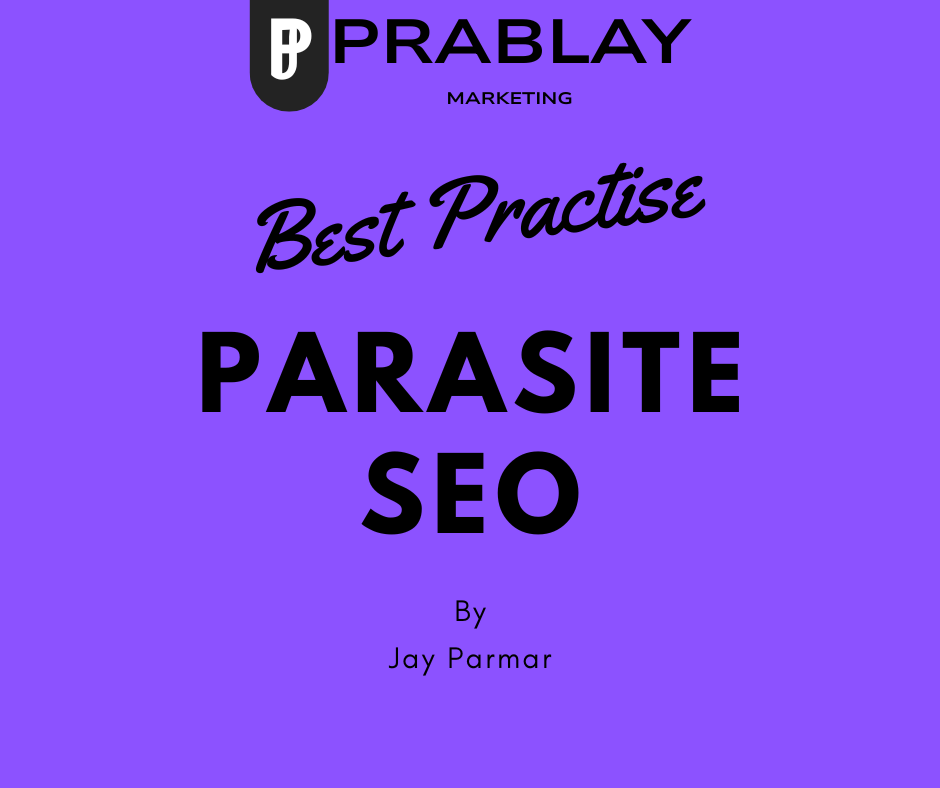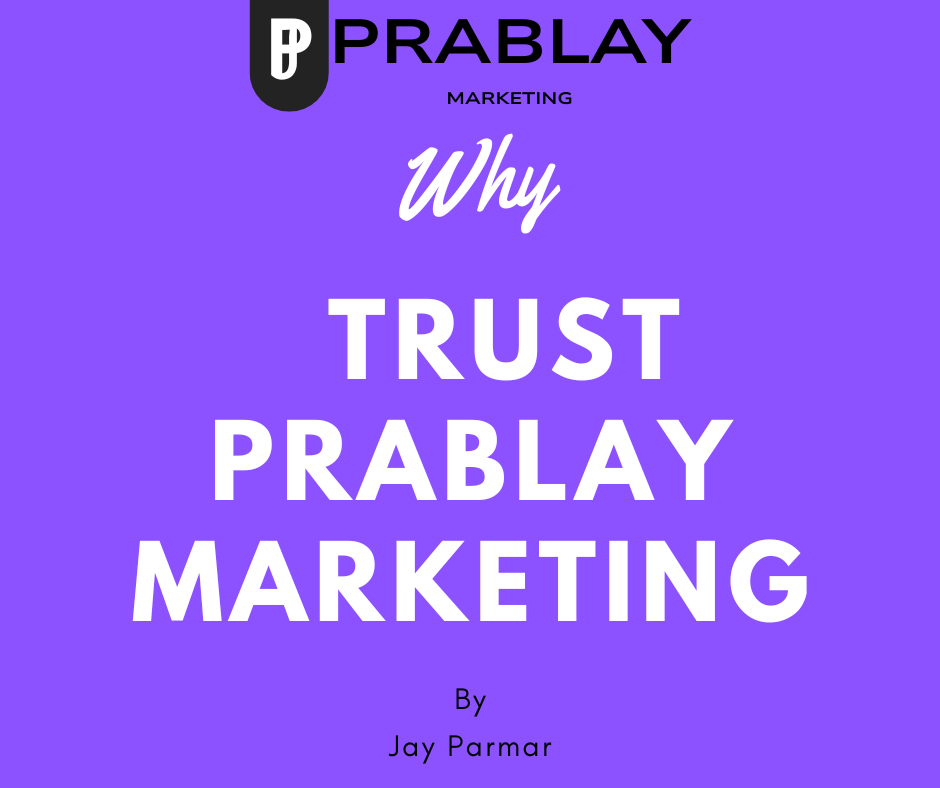Parasite SEO is gaining considerable attention, both as a shortcut to competitive search rankings and a potentially risky strategy in today’s SEO landscape. This in-depth guide demystifies Parasite SEO with up-to-date insights, practical tips, and recent search engine trends.
Understanding Parasite SEO
Parasite SEO is a technique where marketers leverage the authority of high-ranking, third-party websites—such as Medium, LinkedIn, Reddit, Quora, and even major news sites—to rank content for competitive keywords. Instead of waiting months or years for a new website to build domain authority, practitioners publish optimized content on these established platforms (“hosts”), piggybacking on their authority and trust with search engines to achieve quick and prominent search results.
The essence: by placing valuable or even purely promotional content on someone else’s established domain, you can dominate rankings for target queries, funnel traffic, and even build backlinks to your own site far more rapidly than traditional SEO efforts.
Types of Parasite SEO
Parasite SEO covers a spectrum of tactics, some ethical (white-hat), some manipulative (black-hat):
1. White-Hat Parasite SEO
- Creating valuable guest posts, reviews, or thought leadership content on reputable high-authority websites.
- Participating in forums, Q&A sites, or social platforms with genuine, well-researched answers.
- Earning editorial placements by contributing original insights or case studies in a way that benefits the platform’s audience.
- Purpose: Enhance brand presence, get backlinks, and reach new audiences—all transparently and within the host’s guidelines.
2. Black-Hat Parasite SEO
- Mass-producing low-quality, keyword-stuffed articles for publication on vulnerable or poorly-moderated high-authority domains.
- Exploiting hacked or abandoned domains to redirect link authority.
- Engaging in comment spamming, link hijacking, or manipulative redirects to siphon off search equity from established sites to your own.
- Purpose: Achieve rapid gains without regard for quality or rules, often risking penalties and de-indexing.
3. Hybrid or Gray-Hat Parasite SEO
- Tactics that don’t fall strictly within or outside guidelines.
- Examples: Paying for sponsored posts on news outlets purely for SEO benefits, or using AI to mass-produce content that toes the line of value but primarily serves rankings.
4. Platform-Focused Approaches
Some popular platforms for Parasite SEO include:
- Medium, LinkedIn, Reddit, Quora, Google Sites
- News publishers (Forbes, CNN, Fortune, etc.)
- Niche community forums
- Review websites and testimonials
- These platforms are chosen for their high domain authority and ability to rank fast for new content.
Parasite SEO is the art of borrowing authority—leveraging trusted platforms to open doors that would otherwise take years to unlock. Used wisely, it accelerates results; used carelessly, it risks everything. In the end, it's a shortcut that demands both strategy and responsibility.
Jay Parmar- Founder & CEO Tweet
Does Parasite SEO Work?
Yes, Parasite SEO works—often very well and very fast—particularly for ranking new content on competitive, high-volume keywords.
- Rapid Ranking: Content published on high-authority platforms can show up on the first page of Google within days, not months.
- Competitive Niches: In competitive searches, SERPs often contain parasite pages outranking established brands, especially for product comparisons, best-of lists, or affiliate keywords.
- Proof: From health supplements to SaaS comparisons, recent case studies have found that well-crafted parasite SEO campaigns can dominate rankings ahead of traditional SEO-dependent sites.
But—recent Google algorithm updates are targeting manipulative and low-value uses of this tactic. Many news publishers (e.g., Forbes, CNN, Fortune) have been penalized or lost rankings after hosting thin, affiliate-heavy parasite content.
What Are the Benefits of Parasite SEO?
- Speed: Eliminates the slow grind of building domain authority from scratch. Fast track to page one rankings for new businesses, product launches, or time-sensitive campaigns.
- Cost-Effectiveness: Less investment required versus building, growing, and maintaining a high-DA domain.
- Built-In Audiences: Access the established traffic, trust, and community engagement inherent to the host platform.
- Leverages Third-Party Authority: Rides on the authority and search clout of sites already trusted by Google, enabling competitive entries in tough markets.
- Flexibility Across Niches: Useful for everything from ecommerce and SaaS to finance, healthcare, and local business ranking.
- Can Diversify Backlinks: Helps create a more natural, diverse backlink profile by securing links from many reputable sources.
Potential Risks of Parasite SEO
While the strategy can be effective, it is not without significant risks—especially as Google’s crackdown intensifies.
- Loss of Content Control: Host platforms can change, remove, or de-emphasize your content at any time, erasing your gains overnight.
- Platform Policy Changes: Major platforms now scrutinize parasite-style content and frequently change policies to limit commercial or low-value posts.
- Risk of Google Penalties: Google’s March 2024 “Site Reputation Abuse” update penalizes both hosts and third-party content perceived as manipulative or thin. Examples: Major publishers have seen parasite SEO content rapidly de-indexed and their reputation damaged.
- Ethical and Brand Risks: Manipulative tactics can erode user trust and damage your long-term brand reputation. Association with spammy, low-quality hosts can backfire, alienating both customers and search engines.
- Temporary Results: Fast wins are often not sustainable; rankings can disappear if the platform’s authority drops or your content is removed.
Is Parasite SEO A Fit For You?
Parasite SEO is not for everyone—and must be approached strategically.
When It Might Be a Good Fit
- You’re launching a new business or website and need to compete for high-competition keywords before your site builds authority.
- You have a time-limited campaign or want to promote a trending product, launch, or event.
- Budget constraints make traditional long-term SEO infeasible.
- You have high-quality content genuinely valuable to the host site’s audience, and you’re willing to invest in producing it.
When to Proceed With Caution
- You need long-term, evergreen rankings and brand control.
- Your industry is highly regulated, or your brand reputation is critical.
- You dislike “black-hat” or manipulative methods (many forms of parasite SEO skirt the ethical edge).
- You’re unwilling to risk content loss or sudden traffic drops due to platform or algorithm changes.
Best Practices to pursue parasite SEO
- Prioritize white-hat collaborations, guest posts, or editorial contributions on reputable platforms.
- Create genuinely valuable content that’s relevant to both the platform and its audience.
- Avoid spam, manipulation, or black-hat tactics that could penalize both you and your host.
- Monitor algorithm and platform updates closely to mitigate risk.
Conclusion
Parasite SEO remains a powerful—if controversial—strategy in 2025 for gaining fast, competitive search visibility. When used transparently and ethically, it can complement a long-term SEO approach or bridge early-stage authority gaps. However, it carries real risks. Only consider it if you understand the trade-offs, follow best practices, and continuously monitor both SEO trends and host platform policies.
For businesses willing to weigh speed against control, Parasite SEO can be a springboard—but it should never be your only pillar of digital growth





